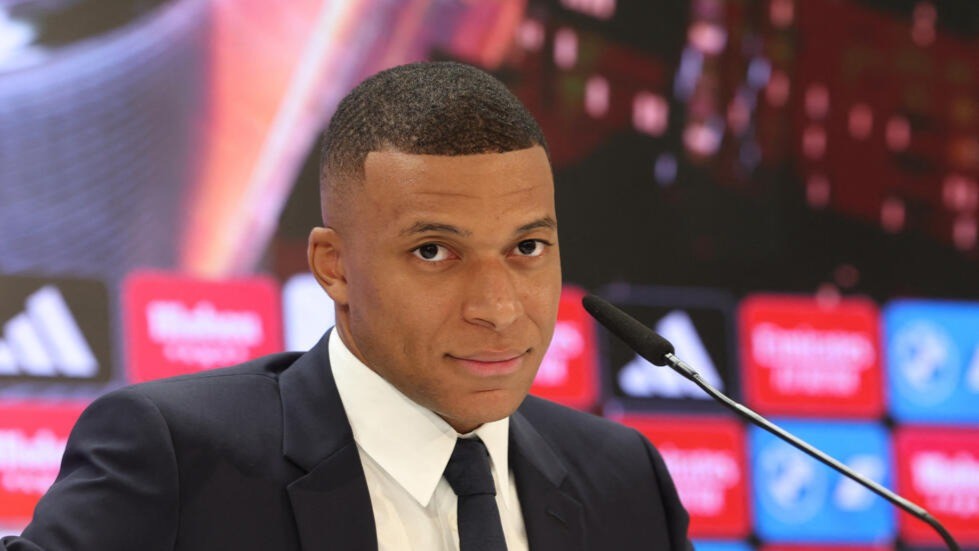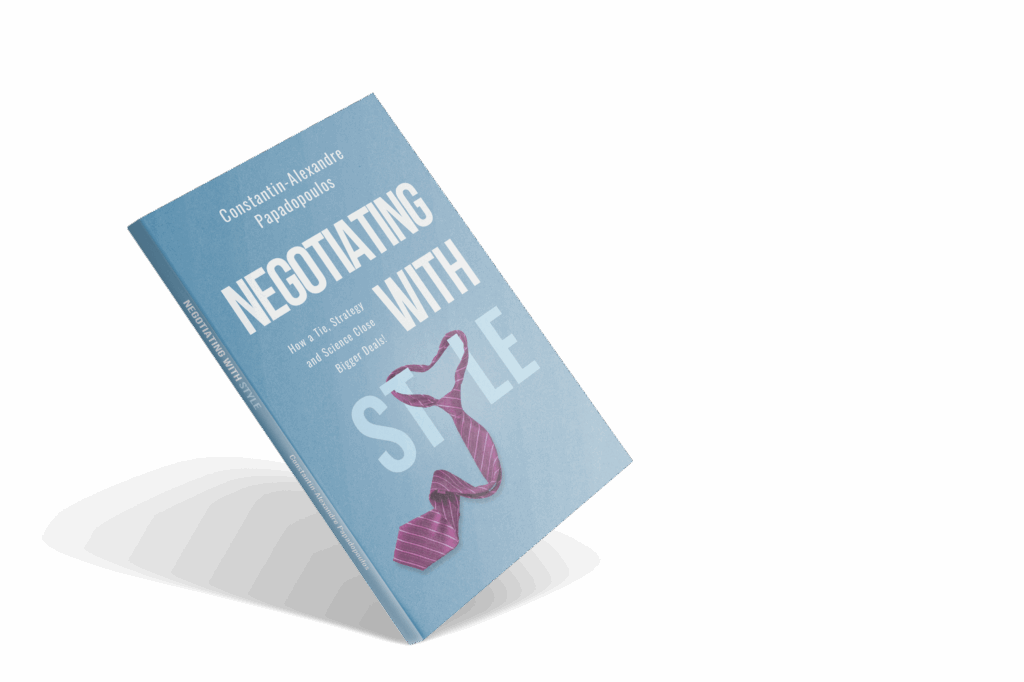Write Your Counterpart’s Victory Speech

Why the real art of negotiation begins after you get what you want.
When negotiations go to court, everyone has lost — except the lawyers.
On April 9, 2025, Real Madrid lost 3–0 in the Champions League quarterfinal. It was a humbling night, and one that raised questions about the form of a club newly reinforced by its star signing, Kylian Mbappé.
One day later, Mbappé’s former club, Paris Saint-Germain, secured a 3–1 victory in their own quarterfinal match — a performance that gave fans a reason to believe this might be their year.
But the real drama wasn’t on the pitch.
That same day, Mbappé’s lawyers obtained a court order to seize €55 million from PSG’s bank accounts. The claim: unpaid salary and bonuses, including what’s called an “ethical bonus.” His legal team initiated proceedings on civil, criminal, and labor grounds, after a year of failed mediation attempts.
Mbappé might be within his rights. But one can’t help but wonder — is he winning the public opinion battle?
Because legally, he may win. Narratively, he might already be losing.
This isn’t just a contract dispute. It’s the final act of a power struggle that began in the summer of 2023. That’s when PSG tried to pressure Mbappé into extending his contract. When he refused, he was sidelined, left out of preseason tours, and treated as a liability. The message was clear: play by our rules, or don’t play at all.
Mbappé called their bluff. He accepted the pressure, stayed for the season, and left on a free transfer. To many, that was the ultimate triumph. He got what he wanted — freedom, fitness, and a seat at the Bernabéu.
Which leads to the real negotiation question: Was €55 million the price he paid to have a quiet final season in Paris?
Maybe. Probably. That figure, while excessive on the surface, may well have been the unspoken cost of keeping tensions out of the headlines and out of the dressing room. The cost of walking away without burning everything down.
But now, with PSG’s accounts frozen and lawyers on all sides, the question is no longer about fairness. It’s about framing. And when a negotiation reaches that point, the damage extends beyond balance sheets.
PSG’s image has taken a hit, but they may emerge as the institution that kept its cool while a former star demanded more. If they continue their Champions League run, they write their own redemption arc.
Mbappé, by contrast, risks a different narrative — that of a player who got everything he wanted, and still wasn’t done fighting.
This could have ended differently.
Imagine, instead, a private conversation. A proposal that reframes the dispute: “Let’s agree in principle that this money was earned. But let’s use it to fund something lasting — a youth academy, a foundation, a cause both sides can support. Let’s show Paris, and the world, that this is how professionals part ways.”
Not as adversaries, but as legacy-builders.
Because when a negotiation reaches the courts, it’s not about winning anymore. At best, it’s win-lose. Often, it’s lose-lose. And the cost isn’t measured in euros alone — it’s measured in trust, perception, and future leverage.
Mbappé already won. He left on his terms. He’s wearing the shirt he dreamed of. But in any negotiation, there’s a moment where you have to ask: is there a version of this where both sides get to say, “We ended well”?
That’s the art of writing your counterpart’s victory speech.
It’s not about generosity. It’s about control. It’s about foresight. It’s about knowing that in high-stakes negotiations, the real win isn’t just walking away with what you want — it’s helping the other side walk away with their dignity, too.
Because the story lives longer than the score.
Tags: #Negotiation #Leadership #Reputation #ConflictResolution #Mbappe #PSG #StrategicThinking #SportsBusiness #HighStakes
About the author Constantin Papadopoulos is a negotiation consultant, trainer, and author of Negotiating with Style. He helps sales professionals, founders, and leaders turn high-stakes conversations into lasting agreements. His work blends strategy, psychology, and storytelling — because in the end, how you negotiate shapes how you’re remembered.
